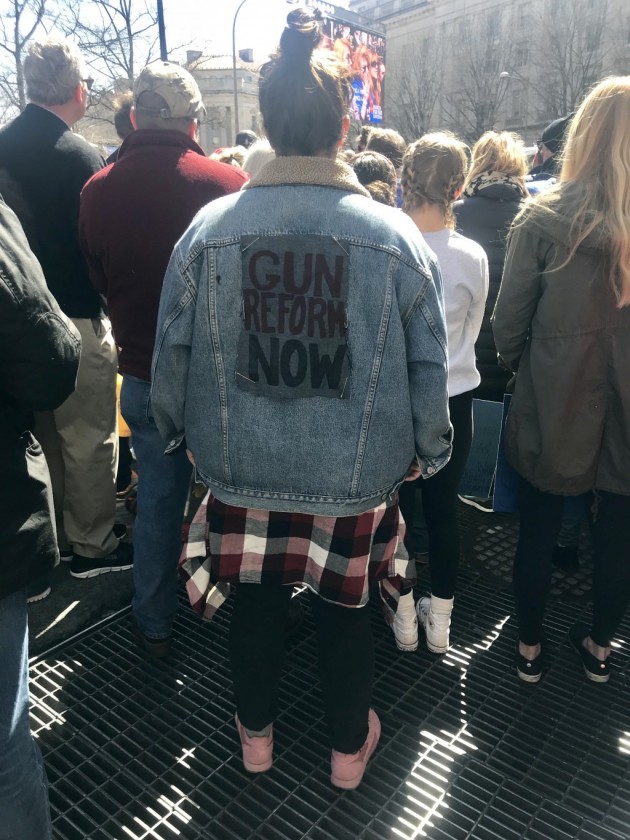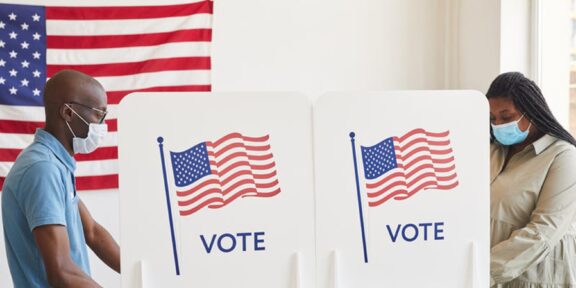Dear Mr. Clinton,
I want you to stop the killing in the city. People is dead and I think that somebody might kill me. Would you please stop the people from deading? I’m asking you nicely to stop it. I know you can do it. Do it now. I know you can.
You’re friend,
James
On April 29, 1994, nine-year-old James Darby from New Orleans, LA wrote this letter to then President Bill Clinton. Although tragically, he was killed nine days later in a drive-by shooting while walking home from a Mother’s Day picnic with his family, the letter went on to symbolize the sentiments of the country at that time.
Most people, even the President, focused on the fact that James felt the need to write the letter to President Clinton, bringing about discussions of crime bills and more police protection. In fact, in a speech at the signing of the Crime Bill, Clinton said, “James Darby wrote his letter because he was so afraid, only to lose his life walking home before anybody could erase his fears.”
However, what most people missed throughout all the discussions was the fact that a nine-year-old boy was compelled to write his President a letter asking for help. To James, Clinton was that close to the community that he could ask him for help. Yet, James was not alone. As a whole, the black community identified with Bill Clinton from the beginning and felt that he was doing what he could to try to improve the problems that affected them.
In an article on Salon.com, DeWayne Wickham, a columnist for USA Today, said, “What makes Clinton special is that he found a way to connect with us that was personal and up close. He convinced us in words and in deeds that this relationship was at least partly in his heart, as well as in his head.”
But the black community didn’t just like Clinton for his personality; his actions played a large part in the relationship. According to the Joint Center for Political and Economic Studies, Clinton’s job-approval rate in 1998 in the Black community was 85 percent.
In contrast, the Black community as a whole has not felt this same connection with President Bush and probably never will. In 2000, Bush received only 8 percent of the Black vote, whereas, in 1992, 17.1 percent of the voters for Clinton were Black. He has not met with the Congressional Black Caucus since he took office in 2000. He led the opposition to affirmative action, and according to the Democratic National Committee, the black community’s unemployment rate rose by 28 percent since Bush took office.
Yet, Bush seems not to be worried about finding this connection, either. He rejected an offer from BET’s CEO Robert Johnson to address the black community in his own primetime special on the network during the 2004 campaign for presidency, according to BET.com. Since, many of the black voting campaigns were targeted at removing him from office, some people feel that Bush will never seek to make that special connection with the black community.
U.S. Rep. Kendrick Meek said to BlackAmericaweb.com that Bush probably “will not invest” in a black community that worked so hard to remove him from office.
Today, as the nation watches the inauguration of Bush with protests expected to surround the festivities, one simple question comes to my mind: “What kind of letters are you getting, Mr. Bush?”



